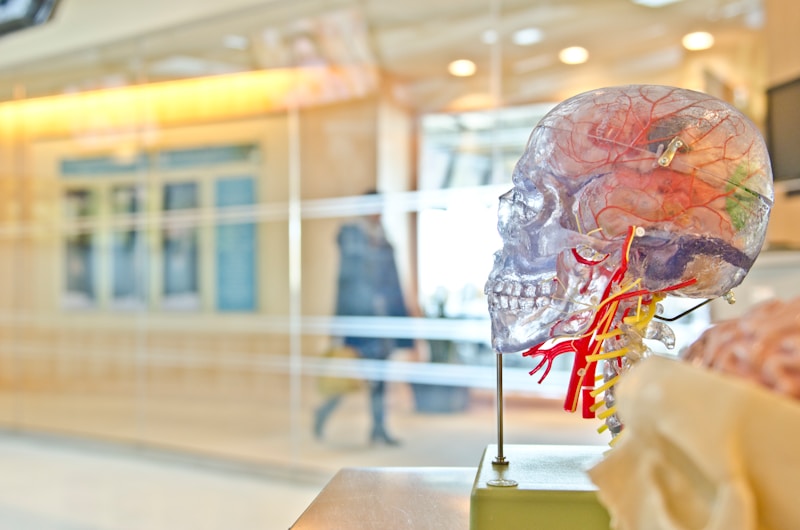10 Questions
What is the primary focus of the nervous system in human activity?
Regulating vital operations
What is the primary role of a neuropsychologist?
Establishing the relationship between brain and behavior
What is the term used to describe a psychologist who specializes in the relationship between brain and behavior?
Neuropsychologist
What is the main reason why a neurologist needs to study psychiatry and psychology?
To provide a more comprehensive understanding of the human person
What is the primary goal of a neuropsychologist in assessing brain function?
To evaluate and predict cognitive functioning
What is the term used to describe the study of the nervous system?
Neuroscience
What is the primary role of the nervous system in regulating body systems?
To coordinate vital operations
What is the primary advantage of a neuropsychologist's assessment tools?
They can provide evidence of brain injury when other tools cannot
What is the term used to describe a person who works in the fields of neuroscience, psychiatry, and psychology?
Neuroscientist
What is the primary goal of a neuropsychologist in evaluating behavioral disorders?
To determine whether the disorder is a result of malingering or depression
Study Notes
History of Neuropsychology
- The study of the brain's influence on behavior dates back to ancient Egypt around 3500 BC, with the priest Imhotep studying the brain's impact on behavior.
- Ancient Egyptians practiced mummification, which involved removing the brain through a process called excerebration, as they believed the heart was more important for the afterlife.
- The Edwin Smith Surgical Papyrus, written around 1700 BC, contains the first written description of the human brain and its components, including the cerebral cortex.
- The papyrus describes cases of patients with head injuries, including one with a hole in the head where the brain was exposed, and mentions "corrugations" resembling molten copper, which are the cerebral cortex.
- The ancient Egyptians made significant anatomical discoveries through inspecting wounds and practicing embalming, and developed diagnoses and treatments, including surgery and trephination.
- After the Macedonian domination, traditional Egyptian medicine was replaced by Greek medicinal arts, with pioneers like Herophilus and Erasistratus making significant contributions to anatomy and brain circulation.
Neuropsychology
- Neuropsychology is the science that studies the relationship between brain functions and behavior, drawing from anatomy, biology, pharmacology, and physiology.
- Clinical neuropsychology applies this knowledge to clinical situations, focusing on behavioral changes resulting from brain injuries.
- The importance of studying neuropsychology lies in understanding the relationship between brain functions and behavior, and determining the site and type of brain injury affecting behavior.
The Role of a Neuropsychologist
- A neuropsychologist is a psychologist who specializes in establishing the relationship between the brain and behavior, with extensive training in anatomy, physiology, and pathology of the nervous system.
- Their skills include using assessment tools to reveal brain functions, evaluating, interpreting, and predicting behavioral changes resulting from brain injuries.
- A neuropsychologist can provide evidence of the effect of brain injury on cognitive functioning when other diagnostic tools are ineffective, and can differentiate between malingering, depression, or injury-related behavioral disorders.
Explore the ancient roots of neuropsychology, from ancient Egypt to modern times. Learn how Imhotep and others contributed to our understanding of the brain's influence on behavior.
Make Your Own Quizzes and Flashcards
Convert your notes into interactive study material.
Get started for free




